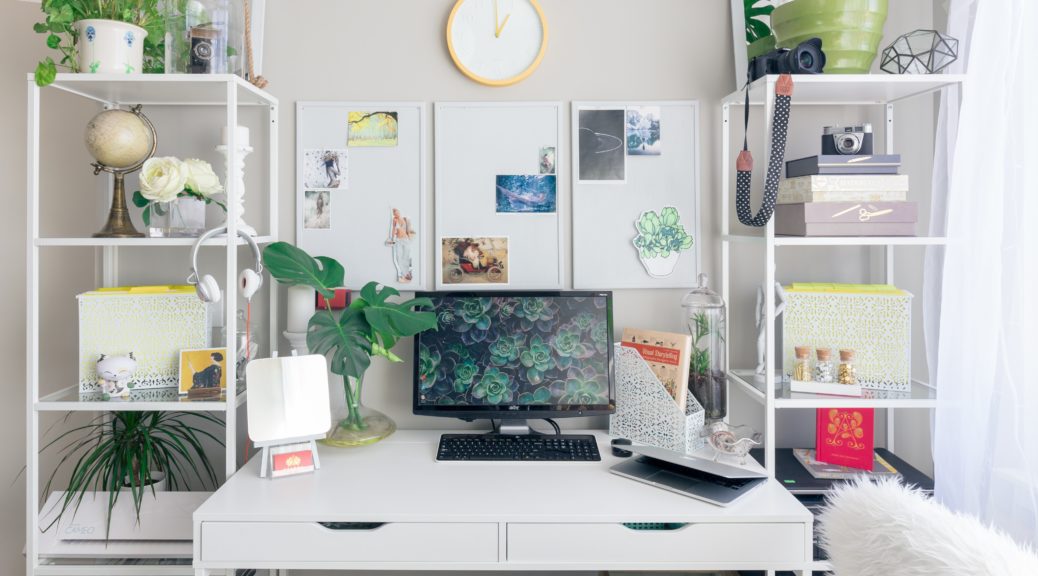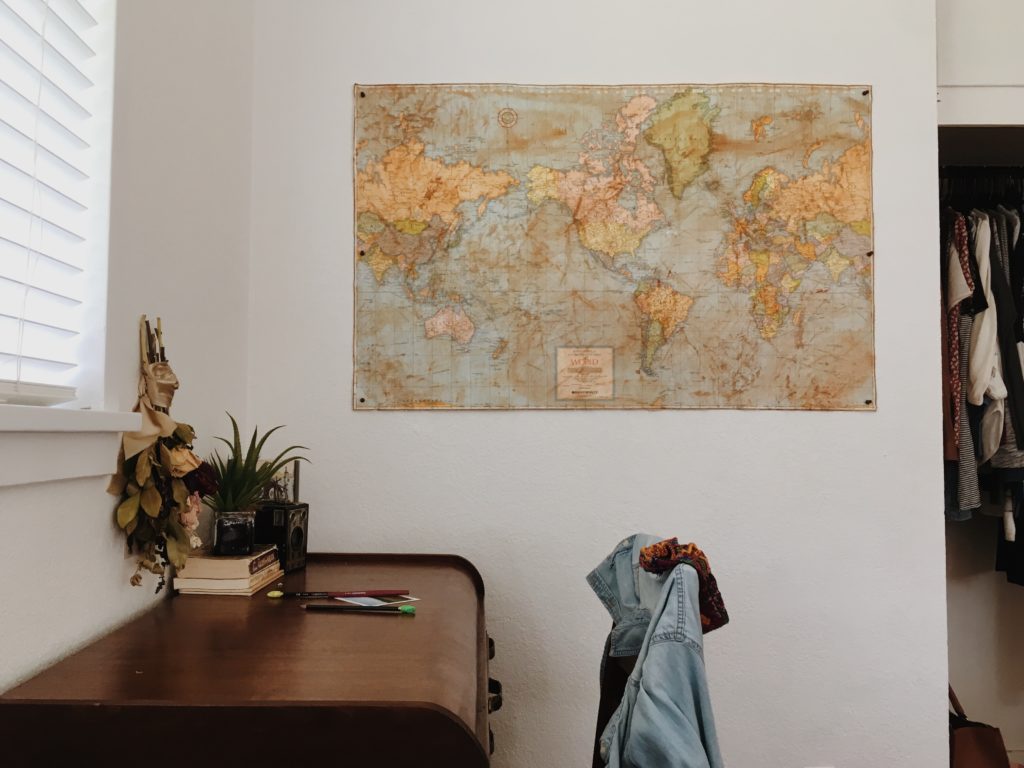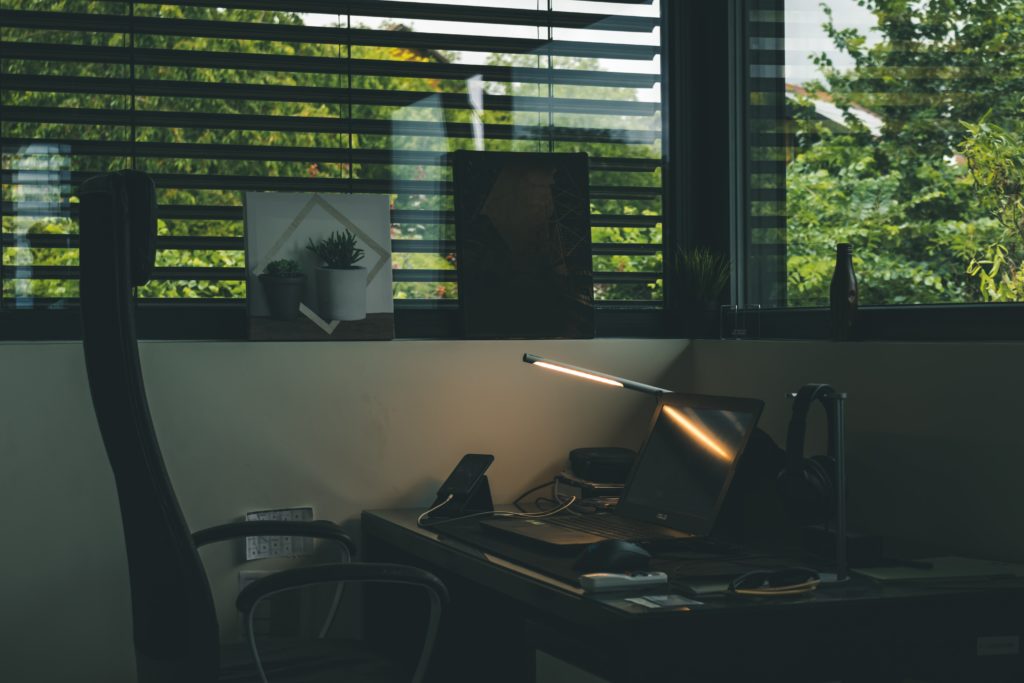By Megan Tran
Edited by Natalie Grace Sipula
[3 minute read]
It’s the middle of the semester (already!) and most college students are beginning to feel the “burnout” that midterm season usually brings about. Taking classes online and being on your computer all day is causing a condition that many people have coined “Zoom fatigue”. The constant meetings and classes conducted through Zoom calls can be exhausting and leave students feeling unmotivated and unfocused. Here are a few tips on how to stay sane as we navigate this new world of online interactions.
1. Remember to take breaks

It is easy to forget to take breaks when there is so much to get done, and when there is no separation between work and home space. However, even a five-minute stretch and water break can make a big difference. Reward yourself after finishing an assignment or exam by taking the night off and watching a movie. I also suggest rotating between study spots, like your bedroom, kitchen table, or living room. A change of scenery will be refreshing and keep you motivated.
2. Go outside

Being cooped up indoors is not typical of a regular school day. Usually, we are out walking to class, getting coffee, or doing homework somewhere on campus. It’s important to go outside at least a couple of times a week and get some Vitamin D! I’ve been making an effort to study at TCC, hammock at McCarthy Quad, or go on a walk almost every day. Finding excuses to leave my apartment changes up my daily routine.
3. Make an effort to talk to friends and family

Having school and work online can be isolating and lonely. Even though you may not be able to see your friends and family in person, you can still make an effort to keep in touch with loved ones through text, Facetime, and social media. Just because we’re limited to online interactions, doesn’t mean we have to miss out on all human connection. Check in with your friends as frequently as you can. An unexpected message can make someone’s day!
4. Find hobbies that don’t involve a screen
Continue reading Combatting Zoom Fatigue and Getting Through Your Online Classes




